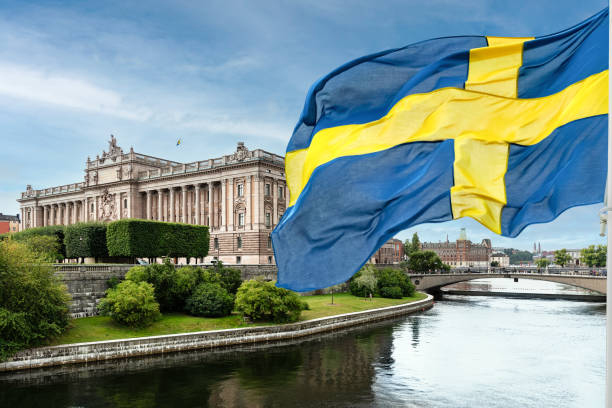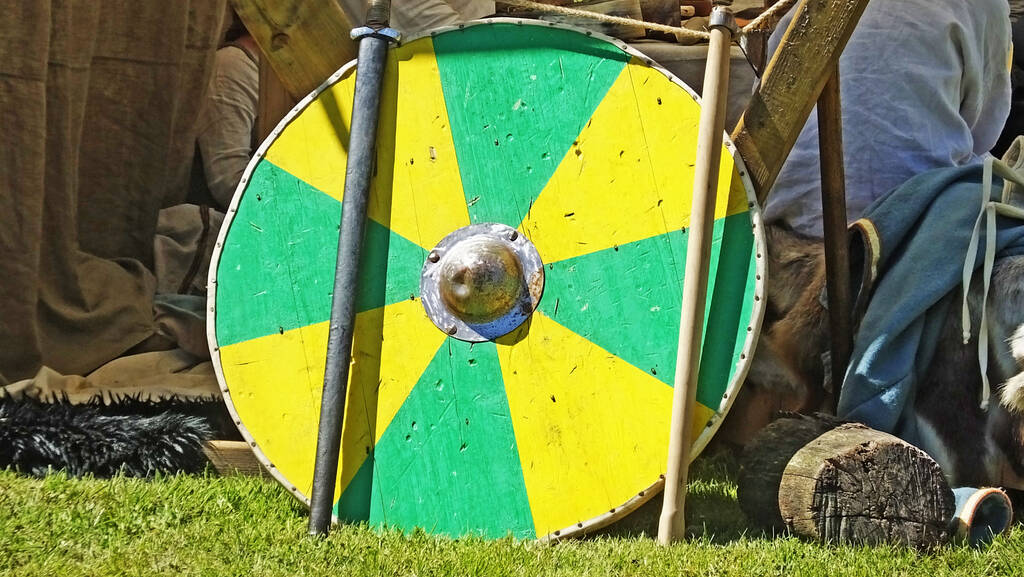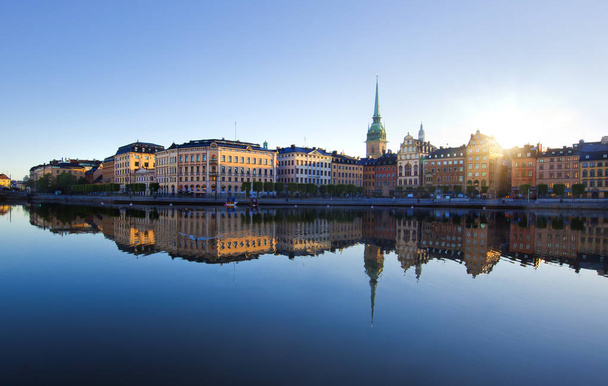Sweden Through the Ages: A Journey of Resilience and Innovation
Introduction
Nestled in the northern reaches of Europe, Sweden is a nation steeped in history, rich in culture, and known for its stunning landscapes. From the days of the Vikings to its modern social welfare state, Sweden’s history is a tapestry of triumphs, challenges, and remarkable achievements. In this blog post, we’ll embark on a fascinating journey through Sweden’s history, exploring key events, influential figures, and the nation’s enduring spirit.

The Viking Age (8th – 11th Century)
Our journey begins during the Viking Age, a period when intrepid Norse seafarers embarked on voyages of exploration and conquest. Sweden, known as “Svealand” during this time, was a land of fierce warriors and skilled traders. Vikings from Sweden, such as Erik the Red and Leif Erikson, left their mark on distant lands, including Greenland and North America. This era laid the foundation for Sweden’s maritime prowess and its early connections to the wider world.


The Formation of a Kingdom (12th – 14th Century)
In the 12th century, Sweden started to consolidate as a kingdom. The establishment of the Kalmar Union in 1397 brought Sweden, Norway, and Denmark under a single monarch, causing political strife and later leading to a period of union with Denmark that lasted until the early 16th century.
The Rise of Gustav Vasa (16th Century)
The 16th century marked a turning point in Swedish history. Gustav Vasa, a charismatic leader, successfully liberated Sweden from Danish rule in 1523 and became the country’s first hereditary king. Under his reign, Sweden began a transformation into a powerful nation-state, with significant religious and political reforms.
The Swedish Empire (17th Century)
Sweden reached its zenith during the 17th century, becoming a major European power. Under the rule of King Gustavus Adolphus and later Queen Christina, the Swedish Empire expanded its territories across Northern Europe, including parts of present-day Finland, Estonia, and Latvia. However, the empire’s dominance was short-lived, and a series of wars in the late 17th century led to a decline in Swedish influence.
The Enlightenment and Gustavian Era (18th Century)
The 18th century ushered in the Enlightenment in Sweden. King Gustav III introduced a series of social and political reforms, promoting education, arts, and sciences. This era saw the founding of institutions like the Royal Swedish Academy of Sciences and the Swedish National Library, laying the groundwork for Sweden’s future intellectual achievements.
19th Century: Peace and Industrialization
The 19th century was marked by relative peace for Sweden, allowing for economic growth and industrialization. Innovations like the Bessemer process revolutionized steel production, leading to the emergence of companies like SKF and ABB, which would become global industrial leaders.
20th Century: Neutrality, Welfare, and Innovation
Sweden maintained a policy of neutrality during both World Wars, emerging relatively unscathed. After World War II, the country underwent a period of significant social and economic development, creating the modern Swedish welfare state. With a commitment to social equality, Sweden’s healthcare, education, and social security systems became models for the world.
Contemporary Sweden (21st Century)
In the 21st century, Sweden continues to thrive as a nation known for innovation, technology, and a commitment to sustainability. It has produced global brands like IKEA, Spotify, and Ericsson, and consistently ranks high in quality of life and human development indexes.

Conclusion
Sweden’s history is a testament to the resilience and adaptability of its people. From the fierce Vikings to the architects of the modern welfare state, Sweden’s journey has been marked by innovation, social progress, and a deep sense of national identity. Its ability to navigate complex historical challenges and emerge as a global leader in various fields is truly remarkable.
Frequently Asked Questions (FAQs)
- What is Sweden known for today? Sweden is known for its innovation in technology and design, its commitment to social welfare, and its stunning natural landscapes.
- Did Sweden have colonies like other European powers? Yes, Sweden once had overseas colonies, including parts of North America (New Sweden) and Caribbean islands like Saint Barthélemy.
- How does Sweden’s welfare system work? Sweden’s welfare system provides universal healthcare, free education, and various social benefits. It is funded through high taxation and is designed to ensure social equality.
- What role did Sweden play in recent global affairs? Sweden has traditionally pursued a policy of neutrality in conflicts but has been active in humanitarian and peacekeeping efforts. It has also been a leader in addressing climate change and promoting sustainable development.
- What is the significance of the Nobel Prizes in Sweden? The Nobel Prizes, established by Alfred Nobel, are awarded annually in Sweden and Norway (Peace Prize) and recognize outstanding contributions to humanity in various fields, including physics, chemistry, medicine, literature, and peace. They are considered among the most prestigious awards in the world.









